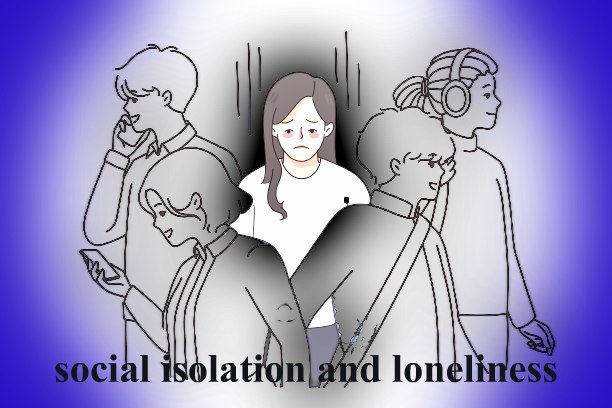Beyond IQ: Exploring the Multifaceted Nature of Intelligence


Introduction:
For decades, society has often equated high IQ scores with intelligence and cognitive prowess. Intelligence quotient (IQ) tests have been used as a standard measure of intellectual capability, but is this truly the sole indicator of a person’s intelligence? In this blog, we’ll delve into the complex and multifaceted nature of intelligence, exploring how IQ fits into the broader picture and why other forms of intelligence are equally valuable.
If you have high IQ, you’re really good at finding post-hoc arguments to support your feelings of truthiness. _Jonathan Haidt
The IQ Myth:
While IQ tests are designed to assess certain cognitive abilities, they have limitations in capturing the entirety of human intelligence. IQ tests primarily measure logical reasoning, mathematical skills, and language proficiency, neglecting other crucial aspects of intelligence, such as emotional intelligence, creativity, and practical problem-solving.
Emotional Intelligence (EI):
Emotional intelligence is the ability to understand, manage, and navigate one’s own emotions as well as the emotions of others. It encompasses empathy, self-awareness, interpersonal skills, and the ability to forge meaningful relationships. EI plays a vital role in effective communication, collaboration, and leadership, highlighting that intelligence extends beyond cognitive abilities.
Creativity and Innovation:
True intelligence involves the ability to think creatively and innovate. Creative individuals can approach problems from unique angles, envision novel solutions, and connect seemingly unrelated concepts. Creativity is not limited to artistic expression but extends to fields like science, technology, and business, where groundbreaking ideas drive progress.
Practical Intelligence:
Practical intelligence, often referred to as “street smarts,” encompasses the ability to navigate real-world situations successfully. It involves adapting to new environments, making informed decisions, and effectively solving everyday challenges. Practical intelligence is particularly valuable in contexts where formal education may not be as relevant.
Cultural and Social Intelligence:
Cultural and social intelligence involves understanding and respecting diverse perspectives, norms, and values. It enables individuals to communicate effectively across cultures, build rapport, and foster cooperation in multicultural environments. This form of intelligence is essential in a globalized world where cross-cultural interactions are commonplace.
Multiple Intelligences Theory:
The theory of multiple intelligences, proposed by Howard Gardner, suggests that intelligence is not a single entity but a combination of distinct intelligences, including linguistic, logical-mathematical, spatial, musical, bodily-kinesthetic, interpersonal, intrapersonal, and naturalistic intelligences. This theory highlights the richness and diversity of human intellectual capabilities.
Conclusion:
While IQ can provide insight into certain cognitive abilities, it is not the sole determinant of intelligence. Intelligence is a multifaceted concept that encompasses various dimensions, including emotional intelligence, creativity, practical skills, cultural understanding, and more. Embracing a broader view of intelligence can lead to a more inclusive and comprehensive understanding of human potential. As we recognize and appreciate the diverse forms of intelligence that individuals possess, we move closer to a society that values and nurtures the full spectrum of human capabilities.







